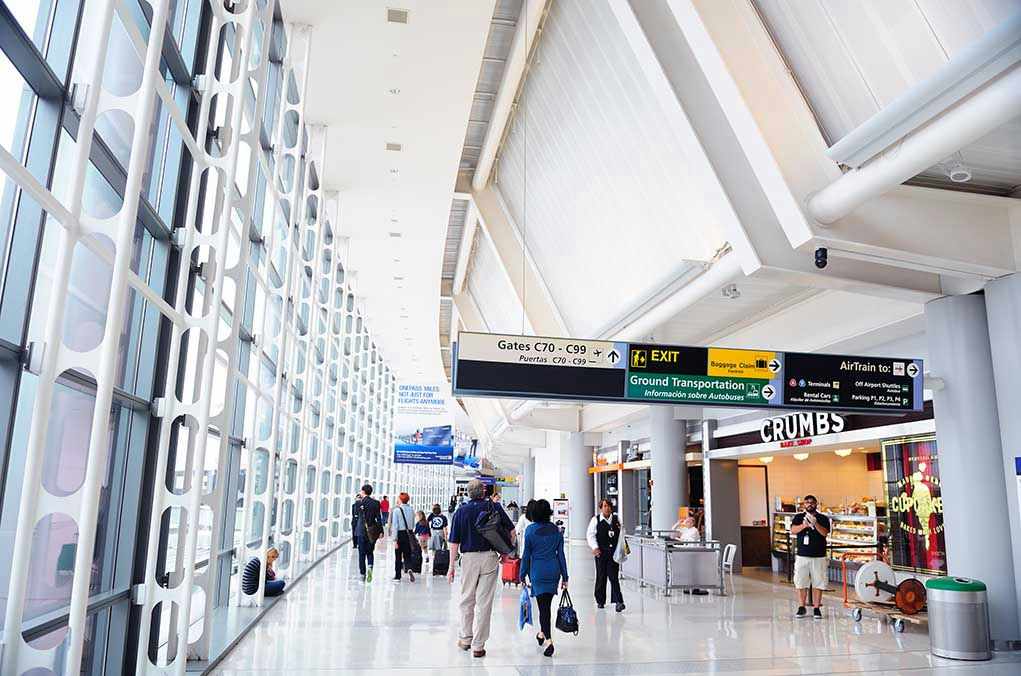
The TSA’s latest initiative might just be the breath of fresh air that traveling families have been waiting for, but will it stand up to the test of real-world chaos?
At a Glance
- The TSA launches “Families on the Fly” to ease airport security for families.
- Dedicated family lanes now operational in select airports.
- Discounted TSA PreCheck fees for families on the horizon.
- Military families benefit from exclusive PreCheck lanes.
Families on the Fly: A New Era for Airport Security?
The Transportation Security Administration (TSA) has rolled out the “Families on the Fly” campaign, a move designed to make airport security more manageable for families. This initiative comes as a response to long-standing criticisms of the TSA’s taxing security procedures, particularly for families with young children. Historically, these procedures have been anything but family-friendly, often leading to stressful and time-consuming experiences at checkpoints.
In a world where the left seems more concerned with catering to every fringe group than addressing the needs of hardworking American families, this initiative is a step in the right direction. It acknowledges the unique challenges faced by families, travelers with disabilities, and military personnel. The TSA’s efforts to humanize and modernize airport security, aligning with policy shifts to reduce invasive procedures, is a breath of fresh air.
What Does It Mean for Families?
The “Families on the Fly” campaign’s primary feature is the implementation of dedicated family lanes at select airports. These lanes aim to reduce wait times and minimize stress for families, allowing parents to navigate the often-overwhelming security procedures with greater ease. Participating airports in the initial rollout include Orlando International and Charlotte-Douglas International, with plans to expand further.
In addition to dedicated lanes, the TSA plans to introduce discounted PreCheck fees for families, a move that could significantly boost enrollment in the program. For military families, dedicated PreCheck lanes offer an additional token of appreciation for their service, providing them with the recognition and convenience they deserve.
The Broader Impact
Short-term implications of this campaign include reduced stress and wait times for families, improved customer satisfaction, and a more positive public perception of the TSA. Operational adjustments will be necessary for TSA staff and airport authorities, but these are minor compared to the potential benefits.
In the long term, if the pilot proves successful, we could see a nationwide adoption of these family-friendly measures. This could lead to a broader cultural shift toward customer-centric security screening, setting a precedent for other countries to follow. Economically, the initiative could stimulate increased family travel and airport spending, while socially, it alleviates travel anxiety, particularly for parents and children.
A Common Sense Approach to Security
For years, conservatives have championed common-sense solutions to government overreach, and the “Families on the Fly” campaign aligns with this philosophy. It reduces unnecessary burdens on families while maintaining security standards. TSA leadership emphasizes their commitment to hospitality and stress reduction, while industry analysts note its alignment with global trends toward customer-centric airport experiences.
Travel advocacy groups have long criticized the impact of security screening on families, and this initiative is a step toward addressing those concerns. By balancing security with civil liberties, the TSA is demonstrating that a common-sense approach to governance is not only possible but effective.











